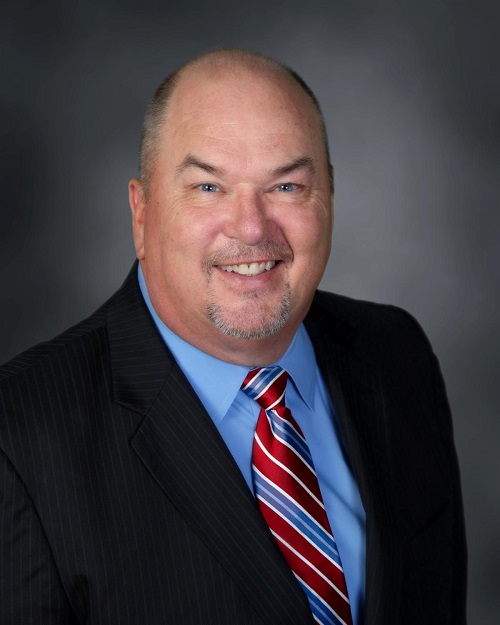Protect Drivers and the Gig Economy

JACK LANK, PRESIDENT UNITED REGIONAL CHAMBER OF COMMERCE
The gig economy is not only here to stay, but also increasingly important for our regional economy. New rideshare data released last week by the Massachusetts Department of Public Utilities found that the Attleboro region is one of the few in the state that has matched or surpassed pre-COVID numbers for Uber and Lyft rides, and our regional dependence on drivers likely will continue to increase.
But some special interests in Massachusetts are trying to upend the gig economy, with significant potential impacts for our region.
Some experts estimate up to 20 million Americans perform gig work despite record low unemployment, and it’s not hard to understand why. Rideshare and delivery drivers are making good money, driving when they want, where they want, for however long they want, for as many different platforms as they want. Now this model is under attack by special interests who are threatened by this kind of independence.
New special-interest backed legislation would eliminate the ability for drivers to be independent contractors, forcing them to become employees. As any business owner can tell you, if you have employees, you need to know where, when, and for how long they are working.
Forcing drivers to give up their independence would no doubt lead to exactly the schedules, shifts, and locations that they currently avoid. Some of the proposals go even further, requiring drivers to obtain operating permits in individual towns (potentially leading to different licenses for Attleboro and North Attleborough for example).
At a business forum hosted recently by the United Regional Chamber of Commerce, two rideshare drivers explained why independence is vital to each of them.
One was a single mother who needed to balance work with childcare; the other had health issues that kept him from working a scheduled job. Both are hard workers growing their income through gig work.
Their experience is representative of the many rideshare drivers I have met as a passenger, who are quick to tell me how long they’ve been driving and what they like about it. These drivers do not want to be employees.
The threat to the gig economy concerns all of us.
As a regular rideshare passenger, I worry that I won’t be able to get a ride outside of Boston, or that fees will skyrocket.
Restaurants in our area worry that delivery costs will increase more, even as they are grappling with higher food prices. Some local entrepreneurs who drive part-time to pay the bills worry that this option will no longer be available unless they want to drive to Logan Airport every day.
Our broader economy could suffer as well.
An independent analysis in 2022 found that rideshare and delivery platforms generate $8.3 billion in annual economy activity as well as $503 million in state and local tax revenue. Losing any portion of that economic boost would have detrimental impacts on our local economy.
The gig economy is here to stay, unless special interests make it so burdensome that nobody can afford to drive or ride anymore. Special interests are trying to fix a problem that doesn’t exist, and force drivers into a situation they do not want. It’s time for legislators to say no to special interests and stand up for the gig economy.
Jack Lank, President/CEO
United Regional Chamber of Commerce
